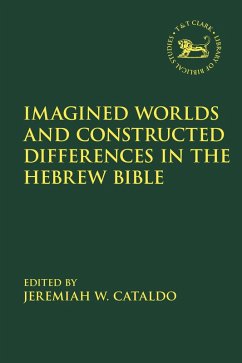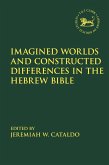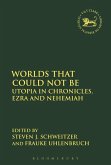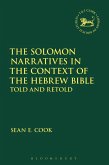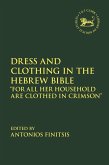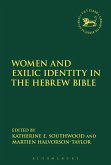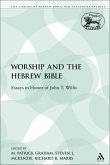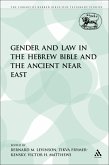The purpose of this volume is twofold: to introduce readers to the study of cultural memory and identity in relation to the Hebrew Bible, and to set up strategies for connecting studies of the historical contexts and literature of the Bible to parallel issues in the present day.
The volume questions how we can better understand the divide between insider and outsider and the powerful impact of prejudice as a basis for preserving differences between "us" and "them"? In turn the contributors question how such frameworks shape a community's self-perception, its economics and politics. Guided by the general framework of Anderson's theory of nationalism and the outsider, such issues are explored in related ways throughout each of the contributions. Each contribution focuses on social, economic, or political issues that have significantly shaped or influenced dominant elements of cultural memory and the construction of identity in the biblical texts. Together the contributions present a larger proposal: the broad contours of memory and identity in the Bible are the products of a collective desire to reshape the social-political world.
The volume questions how we can better understand the divide between insider and outsider and the powerful impact of prejudice as a basis for preserving differences between "us" and "them"? In turn the contributors question how such frameworks shape a community's self-perception, its economics and politics. Guided by the general framework of Anderson's theory of nationalism and the outsider, such issues are explored in related ways throughout each of the contributions. Each contribution focuses on social, economic, or political issues that have significantly shaped or influenced dominant elements of cultural memory and the construction of identity in the biblical texts. Together the contributions present a larger proposal: the broad contours of memory and identity in the Bible are the products of a collective desire to reshape the social-political world.

